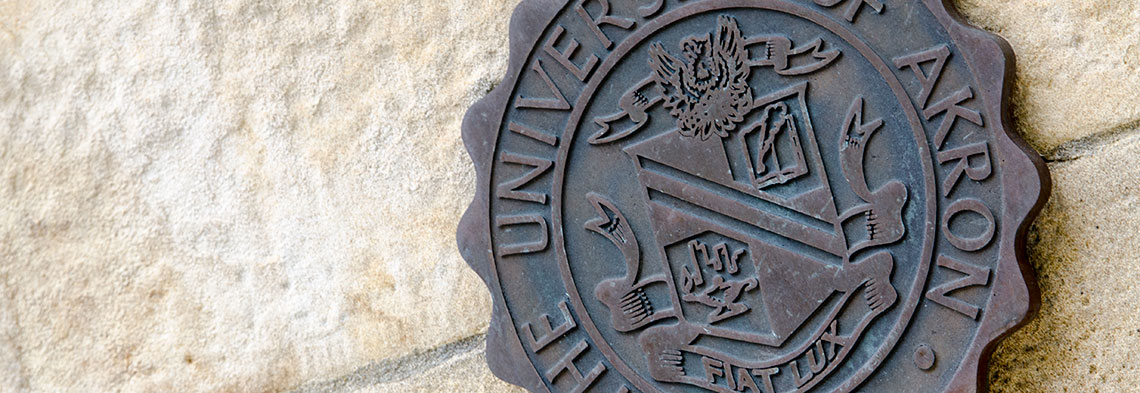Document Type
Article
Publication Date
January 2001
Abstract
When a dispute arose over the old Japanese Young Women's Christian Association (“YWCA”) building in San Francisco's Japantown neighborhood, it seemed yet another example of a community institution inevitably ceding to the demands of the modern market economy. Instead, what has resulted has been an exercise in legal archaeology, a refreshing insight into the collective memory of the Japanese American community, and a legal theory that brings to light several central episodes in Asian American legal history and puts them to practical use in a contemporary property dispute.
In 1996, the San Francisco YWCA decided it could no longer afford to maintain the old Japanese YWCA building at 1830 Sutter Street and wanted to put it up for sale in San Francisco's hot real estate market. Members of the Japanese American community were disturbed to hear of the YWCA's plans. They wanted to preserve the historic building as a community asset, but their efforts to persuade the YWCA to change its mind failed. When it became clear that no one in the community could come up with the $1.65 million the YWCA wanted for the building, it seemed as though the preservation effort was doomed.
In an effort to save the YWCA building, a lawsuit was filed in 1997 by representatives of the Japanese American community. The lawsuit is striking in its originality. The plaintiff presents not only a moral claim to the property but also a legal property interest. In this Article, Professor Brant Lee explores how this single, extraordinary, contemporary case brings to light several of the most significant episodes in the last century of Asian American legal history. First, the plaintiff's legal theory is based on California's version of the Alien Land Laws which were intended to prohibit the ownership of property by Japanese immigrants. The Alien Land Laws were themselves dependent on the racially discriminatory federal naturalization law that was in place from 1790 through the first half of the twentieth century. Second, the cause of action relies in part on an aspect of the wartime internment of ethnic Japanese that has received little attention: the post-war return of camp residents to the coasts and the internal and external forces that prevented the reestablishment of vibrant Japanese neighborhoods and communities. Finally, this case is a good example of a situation in which the law should recognize a property interest based on the vulnerability of the Japanese American community in the early twentieth century and the reliance by Japanese Americans on the goodwill of white individuals and institutions which the law necessitated, even if the traditional formal prerequisites for a legal trust cannot be established. Lee argues that the case suggests a possible resolution of difficult questions regarding race-conscious trusts. Specifically, the case suggests an argument for judicial approval of race-consciousness in a particular circumstance: where a private act favoring a racial minority group is intended to evade specific historical legal discrimination against that racial minority group.
Publication Title
Asian Pacific American Law Journal
First Page
1
Recommended Citation
Brant T. Lee, A Racial Trust: The Japanese YWCA and the Alien Land Law, 7 Asian Pacific American Law Journal 1 (2001).


